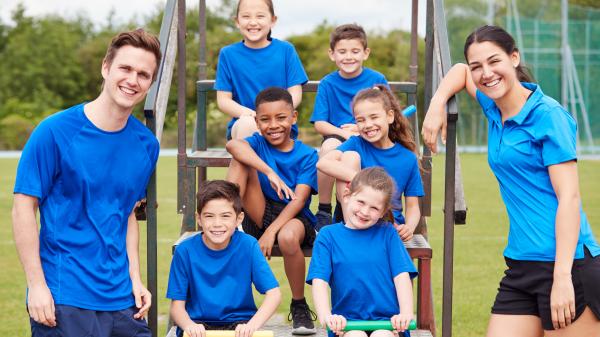Placements & Internships
Coach Placements, Internships and Co-coaching
By linking coaches together with other coaches in sports, or clubs, you can provide hands-on experience of what coaching entails at any level.
Likewise, placements or internships at the higher level will not only build knowledge and experience in the female coach, but it will also expose them to the often closed networks of high performance and elite coaches, whilst building the credibility of women coaches among other coaches, management and players.
This exposure and experience will prove invaluable in building a woman’s confidence, to push her to apply for higher-level coaching jobs when they arise. It is also what clubs/employers are looking for (equal to or more than qualifications). So experiential learning is key and providing opportunities to accrue experience is vital for coaches to progress.
Chapter 3: Developing Coaches Suggested Actions
-
Put together a ‘Co-coaching Plan’ to share with clubs. This plan can be very simple and outline to clubs the concept of co-coaching, and encourage them to use it with their coaches.
-
Make the decision to establish an ‘Internship/Placement Initiative’ with your high performance teams/athletes for women coaches. The initiative will probably work best if it has an application process attached, a set timeline for duration of the placement /internship, etc. and clear roles/responsibilities for both the coach, the Head coach and the NGB. E.g. all National teams/squads have a woman coach included.
Pro-active Support
Keep in touch regularly with your coaches and be interested in their development. Try to ensure they know who is available to support them. Provide them with access to networking opportunities both inside and outside sport. Advocate the importance of attending these events.
If women coaches lack confidence to attend it’s usually as a result of the environment they’re entering rather than their coaching ability. The need for a ‘nudge’ to attend events can be easily overcome by personal support from the organisation. However, a better approach is to build confidence into your structure and systems rather than reacting when you have coaches with no confidence, i.e. give them experiential learning, provide opportunities to accrue experience, ensuring inclusive environments.
A central online network of your female coaches, mixed with face-to-face events, will ensure that a two-way line of communication continues and you have a better understanding of the development needs of your coaches and they feel supported and part of the sport.
Mixed Gender Learning Events (Learners/Delegates Attending)
Traditionally, in a lot of sports, more men are coaches than women, therefore, the likelihood is that coach development learning events can be attended and delivered mainly by men. Being outnumbered in an
environment can be uncomfortable for some people and may impact on their learning experience or completion of the training/session.
Monitor your attendees at these learning events and take the time to proactively invite women coaches to the session. The benefits of male and female coaches learning together can include:
-
Sharing different approaches to coaching.
-
Learning from each other’s own personal experiences.
-
Reducing the instance of gender-based negative attitudes as relationships can be developed in a neutral environment where everyone is learning together.
Female-only learning events (with the exception of networks/forums) are beneficial but good practice would be to provide all options and on request from the women coaches themselves. Running separate
events for male and female coaches may only serve to increase the gender gap and exacerbate negative attitudes towards women as coaches. Presuming that female coaches want seperate women-only
coaching courses without asking their views could have a negative impact. A blended approach to mixed versus female only events seems to work best.
Chapter 3: Developing Coaches Suggested Actions
-
Develop a mailing list for all female coaches so that information can be shared directly with them.
-
For large organisations, stressing the importance to other staff and development officers on the information in this toolkit is vital. Host a staff webinar to outline your Action Plan for Women in Coaching or to simply make them aware of the key points highlighted in this toolkit or in the Sport Ireland Women in Coaching Research Report
